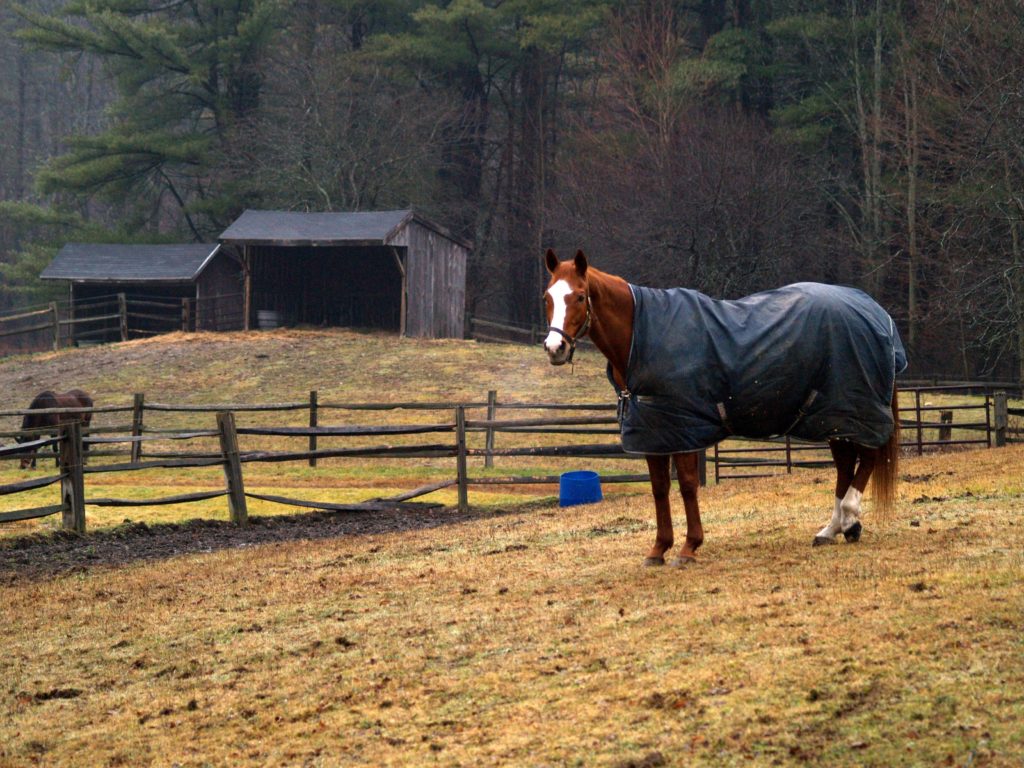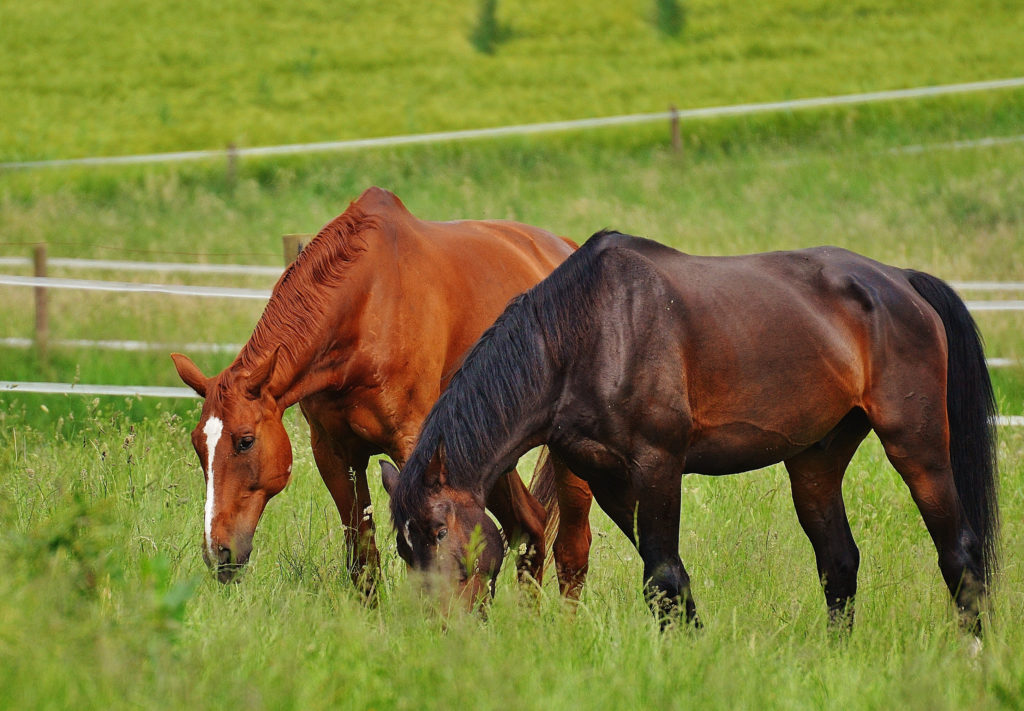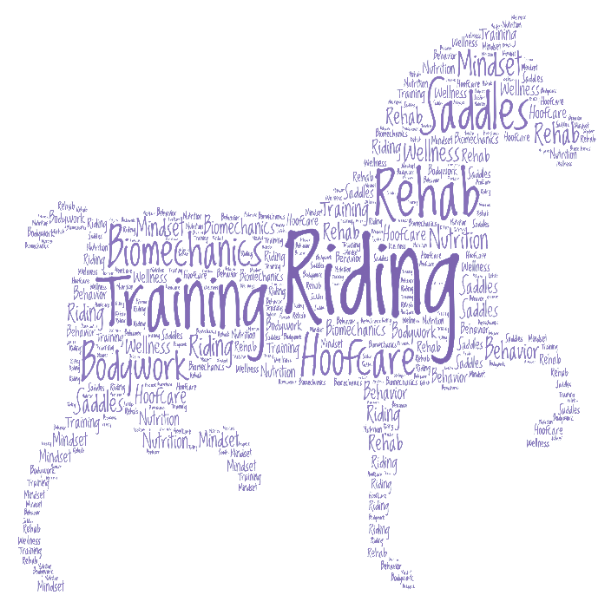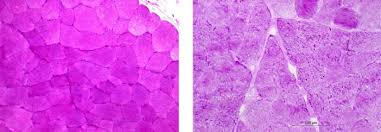GETTING YOUR OLDER HORSE THROUGH THE WINTER – PART 1 BY CLAIR THUNES
SOME SPECIAL CONSIDERATIONS FOR GETTING YOUR OLDER HORSE THROUGH THE WINTER
While there are many vibrant active older horses there are equally as many who look tired, whose coats no longer have luster and who act as though they are biding their time. Whether your older horse is still full of life or not looking quite as he did in his youth, winter is probably the older horse’s toughest season. Not only do older horses have a harder time keeping warm, they may have dental problems and their bodies are not as efficient at utilizing food as they used to be so they can often be hard to keep weight on. On top of that, once they have lost condition it is particularly hard to get it back. Add to this the fact that their immune systems are likely not what they were so they are perhaps more at risk of picking up respiratory conditions and may not have the defenses to fight them. It is pretty clear that the older horse takes very careful management. The management corners you were able to cut in your horse’s younger days will have far greater consequences in old age.
KEEP YOUR OLDER HORSE WARM AND WELL FED IN WINTER
Your older horse may require things that he has never needed in the past. Do not think that just because he did not need it in the past that he does not need it now. For example, you need to take extra precautions to ensure that your horse is warm and this may mean using blankets even if you have never needed to use one in the past. If he is no longer an easy keeper, consider feeding good grass hay free choice. Sugar beet pulp, rice bran, flax, are all good feeds for older horses – those who are still working may need the added benefit of feeds such as oats, barley and senior feeds.

SENIOR FEEDS
Senior feeds are often “complete” feeds meaning they can be fed without the need of hay if fed in the quantities recommended by the manufacturer. This is typically only necessary if you have a horse with serious dental problems meaning that he is unable to eat long stem hays. The cost of senior feeds makes such feeding strategies inhibitive for most people unless absolutely necessary. Plus, eating hay as the roughage source is preferable for maintaining good gut health. There is also the concern that some senior feeds contain high levels of molasses and grains. Older horses are more susceptible to Cushing’s disease which is a chronic progressive disease of the intermediate pituitary gland of older horses. Horses with this disease also tend to suffer from hyperinsulinemia and therefore should not be fed feeds that contribute substantial amounts of glucose to the blood stream, which grains and molasses do. (Note that horses may suffer from hyperinsulinemia often called insulin resistance, metabolic syndrome or syndrome x, without having Cushing’s). The National Research Council in 2007 stated that it may be prudent to feed older horses diets lower in these types of ingredients. Strangely enough, despite the name sugar beet pulp, if un-molassed, is actually a great feed to feed horses with this condition as it has a very low glycemic index.
Another option for horses with poor teeth is to feed hay cubes or pellets that have been soaked in water to make them soft. Extruded and/or micronized feeds are good for older horses. The nutrients are more easily digestible which is good for their less efficient digestive system. If straight barley or corn are fed as a grain source they should have been heat-treated in some way to make the starch more available.
PART 2 OF THIS POST IS AVAILABLE HERE FOR MEMBERS OF THE EQUITOPIA MEMBERSHIP PROGRAM. IF YOU ARE NOT A MEMBER AND WOULD LIKE TO JOIN, YOU MAY FIND OUT MORE AND DO SO THROUGH THIS LINK.







